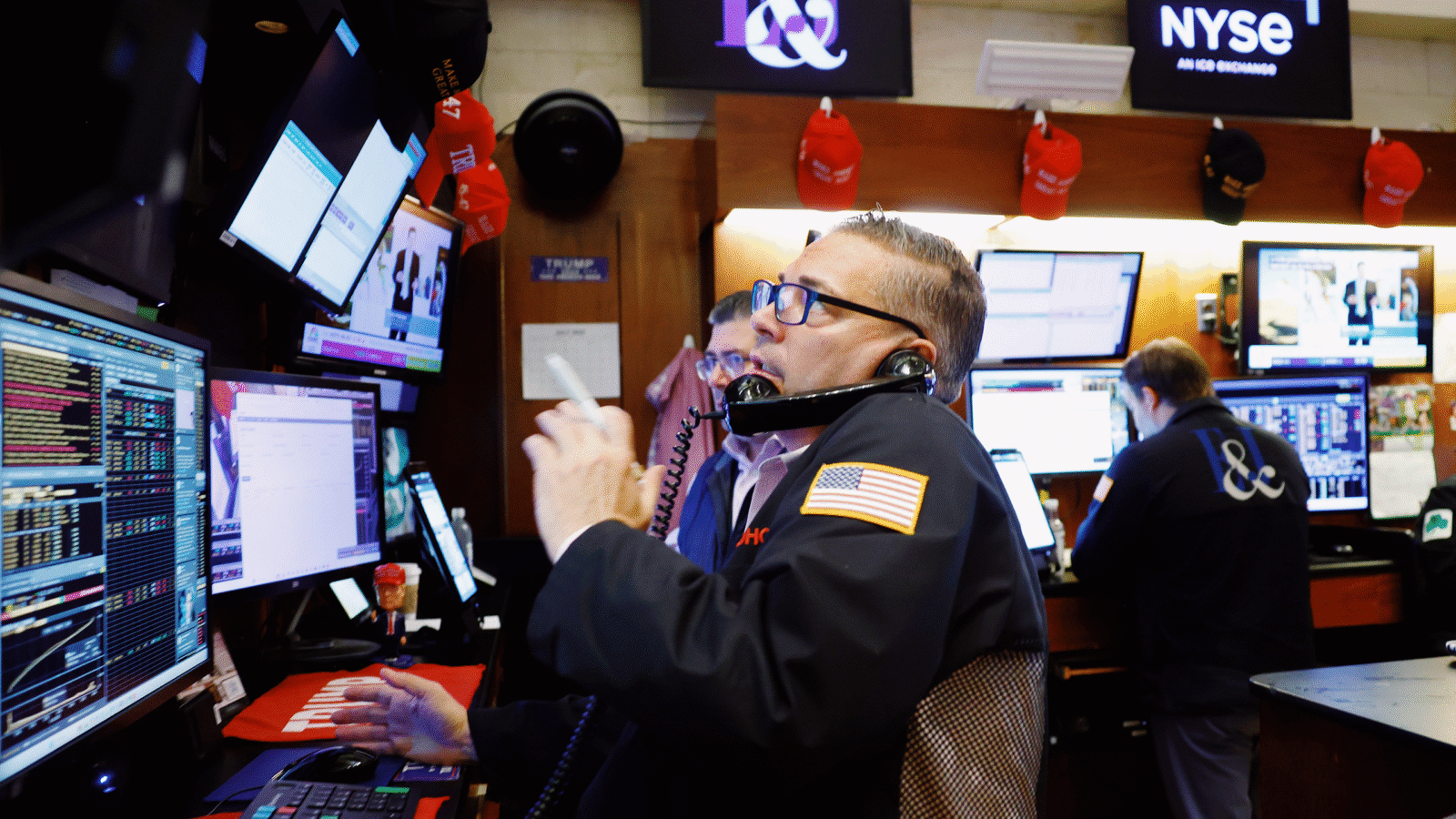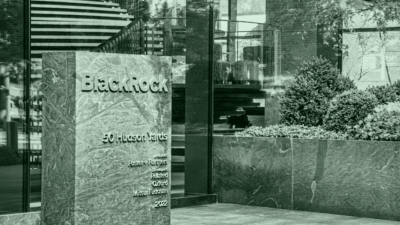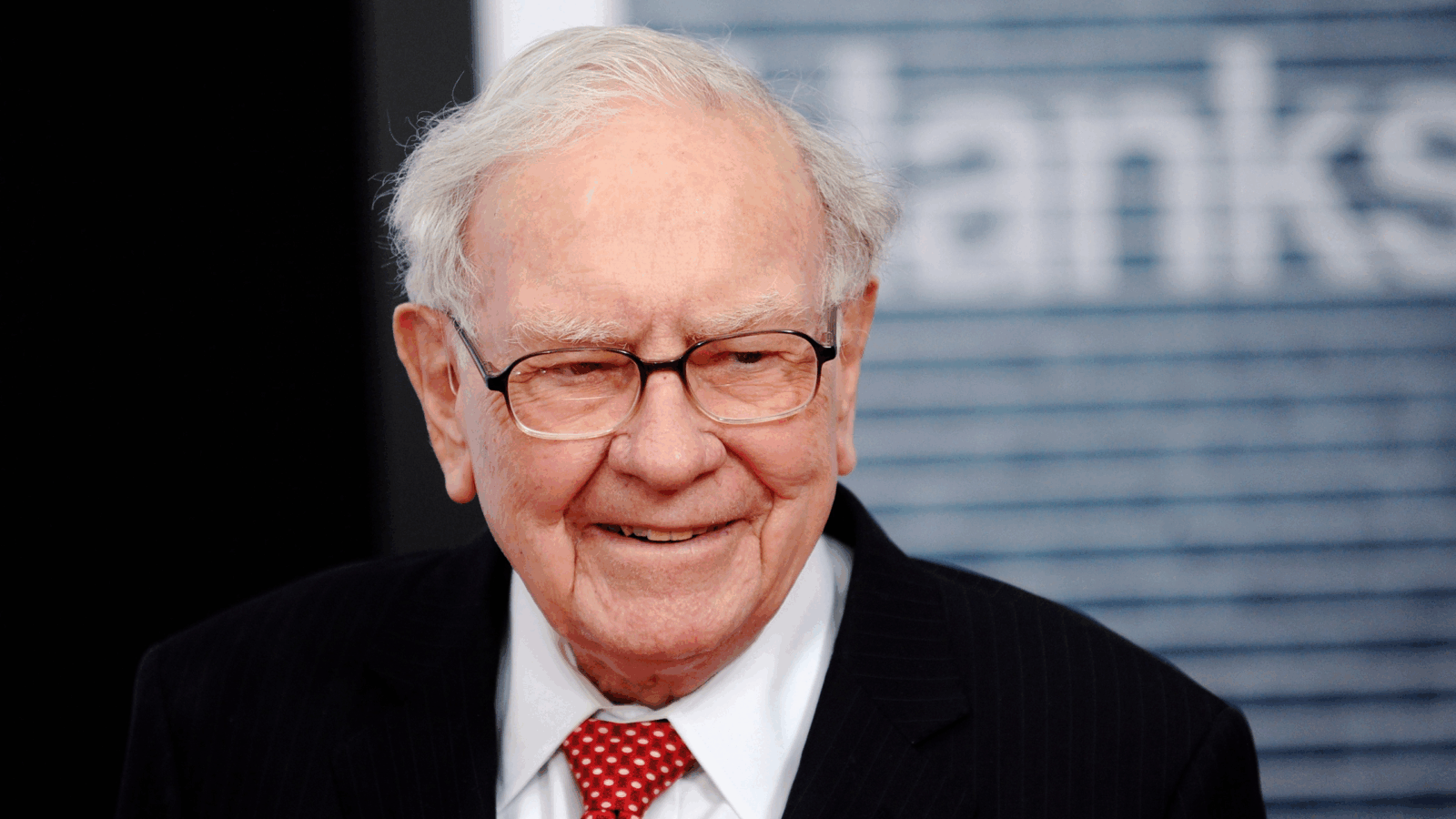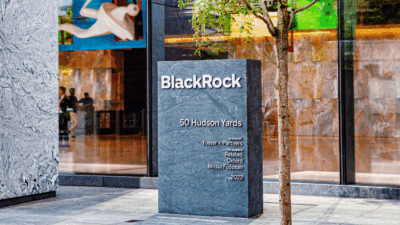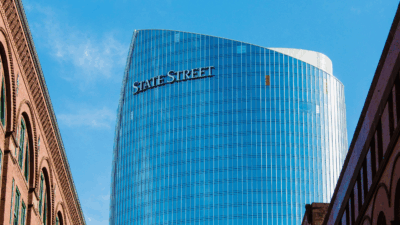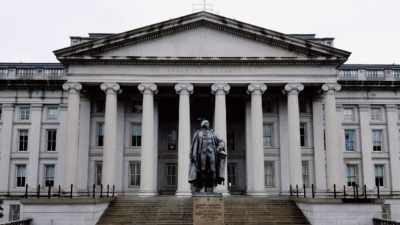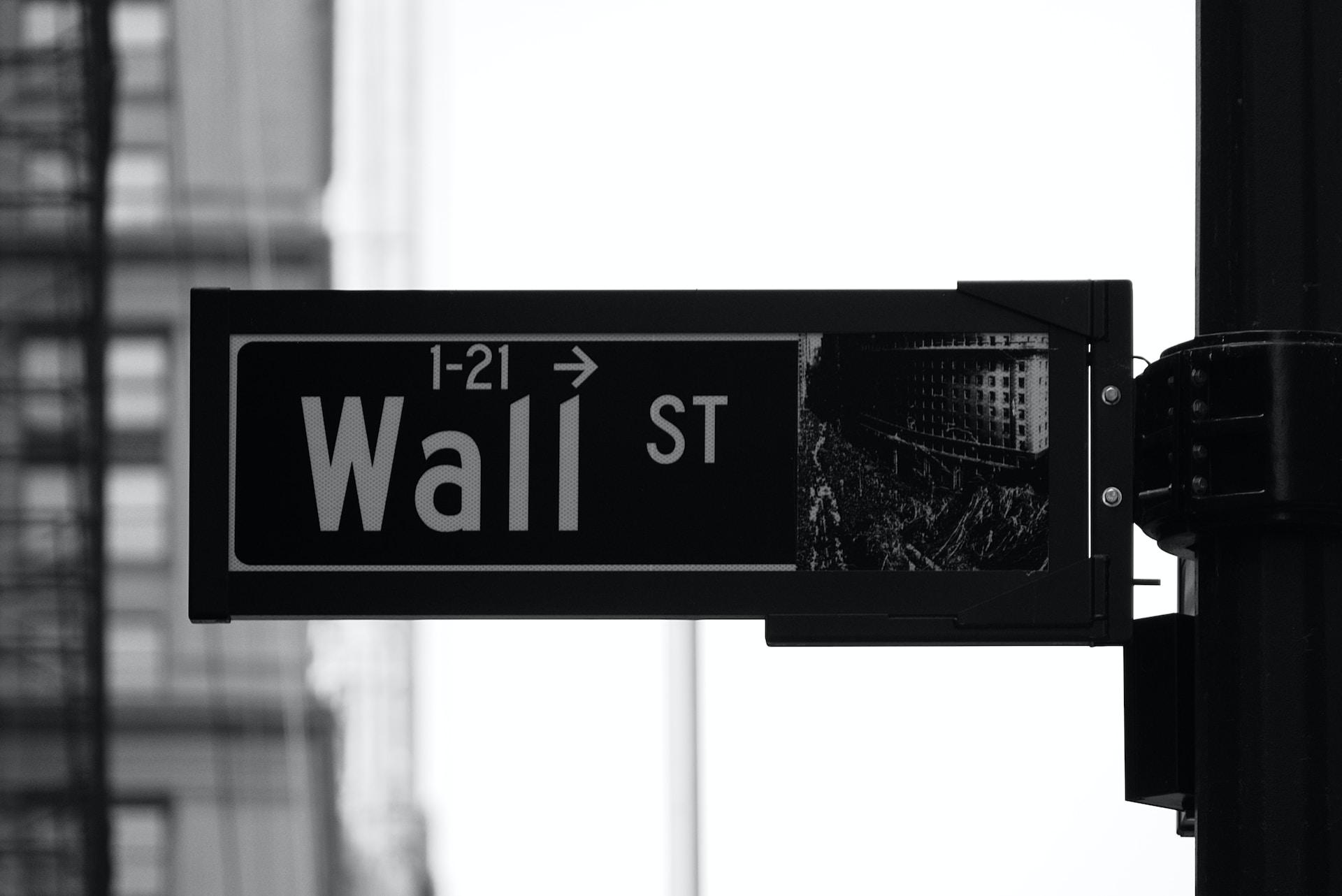
Sign up for smart news, insights, and analysis on the biggest financial stories of the day.
In a land of panicky banks, the fearless, risk-loving private equity firm is king.
With banks conducting fire sales of corporate bonds, capital-potent PE firms are taking advantage of deep discounts and hoovering up the high-yield debt. Even better, a good portion of the bargain corporate debt was issued by companies already in their investment portfolios, Bloomberg reported Wednesday.
Why Buy?
With the Fed still fighting inflation with ongoing hikes, interest rates are sitting at 4.75% to 5%. Coupled with those recent bank runs and lenders looking to de-risk their balance sheets, PE firms are shopping for debt at clearance rack prices and pocketing the surging yields that come with them (interest rates and bond prices tend to move in opposite directions). Plus, while no PE firm wants to see one of its companies flop, it does want to be first in line to get paid back in a bankruptcy. So they’re taking some of the load off portfolio businesses by making a point of buying their debt even at lower tiers.
“Buying the debt of a portfolio company at a discount is an interesting way of potentially creating more equity value at a cheaper level,” Brad Rogoff of Barclays bank told Bloomberg. “If you liked it at one price, you probably like it more at a cheaper price.”
Others might cautiously brace for a rainy day, but the private equity sector is sitting on trillions of dollars of cold hard cash that it needs to deploy, so using an investment arm or perhaps a continuation fund (which PE funds use as a carve-out to give investors a new opportunity to play the secondary market) to buy up cheap debt is almost a no-brainer:
- Just last week, Elliott Management dropped $550 million on Citrix debts. This comes only a few months after the Paul Singer-led firm bought about $1 billion of the junk-bond deal supporting its own buyout of the software company.
- Last summer, Clayton, Dubilier & Rice bought $464 million of payment-in-kind notes backing its acquisition of Cornerstone Building Brand for 60 cents on the dollar. In November, it purchased $475 million in debt while purchasing a majority stake in Roper Technologies’ industrial business.
Risk vs Reward: Lest we forget, there’s a reason corporate debt is so cheap today. Even with the turmoil after the collapses of Silicon Valley Bank and Signature Bank, the Fed projects at least one more rate hike in the near future. That, plus a looming recession that folks like Jamie Dimon continue to prophesize, will only make those debts worth less. Elliott bought their Citrix debt for 79 cents on the dollar, but further shake-ups in the economy could force it to sell them for 60 cents on the dollar, which makes the 14% yield that Elliott gets that much sweeter.
